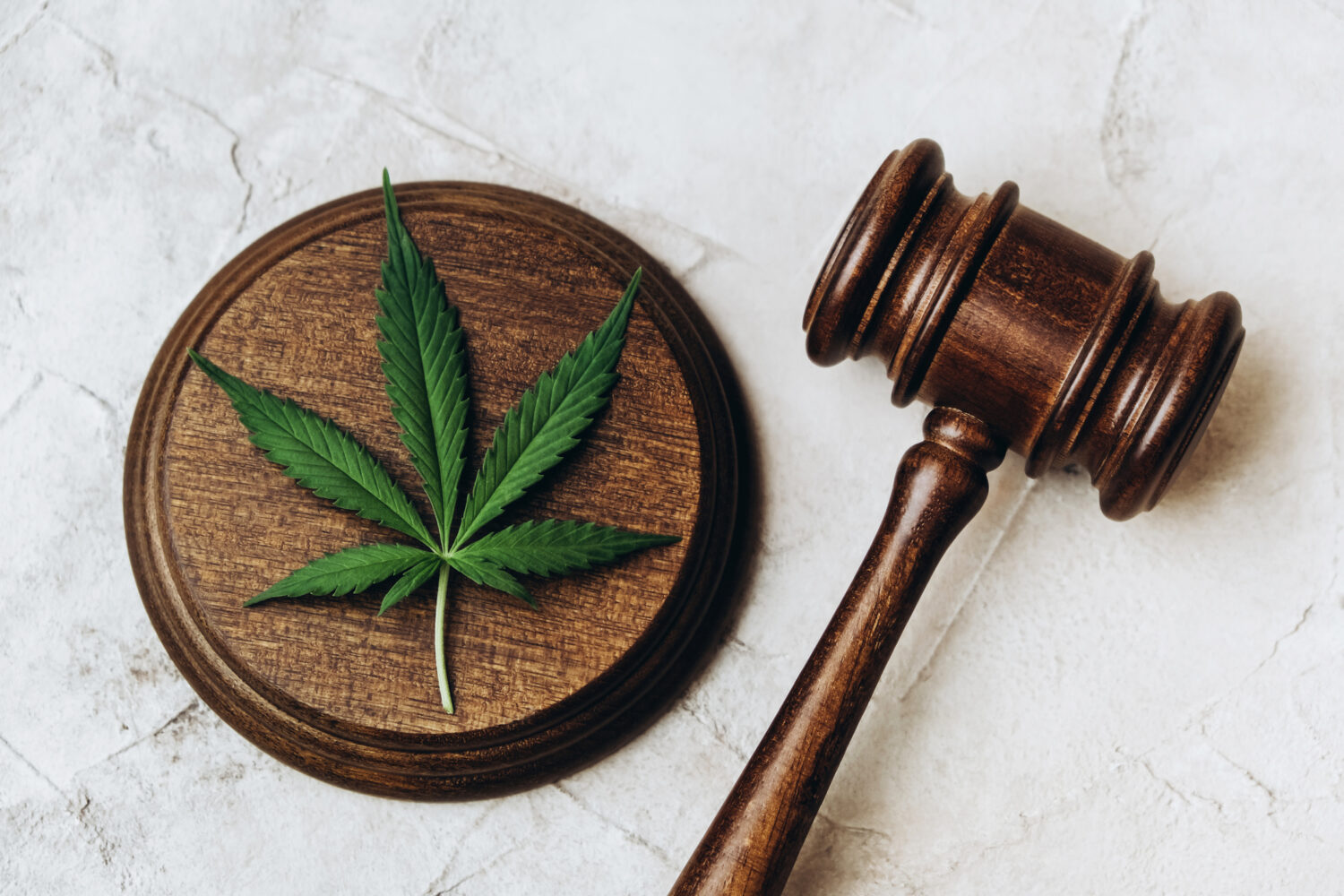For its part, the DEA has said that the requests raise “unusual circumstances” that exempt them from the statutorily imposed timeline for responding.
By
The Drug Enforcement Administration (DEA) has been sued over a failure to respond in due time to requests for psychedelics and cannabis records, reported Marijuana Moment.
This new suit centers on the DEA’s alleged “unlawful policy of delaying responses to Freedom of Information Act (FOIA) requests, specifically pertaining to psychedelics and marijuana documents that advocates say they’ve sought for legal and journalistic purposes.”

RELATED: DEA Reports Uptick In Marijuana-Related Seizures & Arrests: Why Is This Happening? NORML Has An Idea
DEA “flouts these principles of transparency and good government,” reads the lawsuit. Attorney General Merrick Garland issued a Justice Department FOIA guidance on policy, emphasizing that “agencies should be responsive to requests in an open and timely manner.”
Among the sues, a Texas doctor cited in Texas federal district court the erroneous DEA interpretation of “right to try” laws as it concerns psilocybin. Attorneys Matt Zorn and Kathryn Tuckerboth worked on that case as well.
Plaintiffs have laid out the reasons why they are impacted by DEA’s refractoriness on FOIA requests, “the agency has adopted an unlawful policy and pattern or practice of designating requests as “complex,” regardless of the actual complexity of the documents sought,” reads the lawsuit.
For its part, the DEA has said that the requests raise “unusual circumstances” that exempt them from the statutorily imposed timeline for responding. Also, the DEA defense says that “assigning the FOIA inquiries is “complex” because retrieving the documents in question might involve coordinating with outside offices.”

RELATED: DEA Sued By Rhode Island Lab Over ‘Foot Dragging’ On Marijuana Pharmaceutical Licensing
“This policy and pattern or practice rest on a perversion of FOIA’s plain language,” stated the suit. “Plaintiffs are attorneys and their clients who have submitted FOIA requests to DEA only to have the agency unlawfully ignore the statute’s processing deadlines merely because the requested records were not present at DEA’s FOIA office.”
Now, the plaintiffs are asking the court to enjoin the Justice Department and DEA “from applying the unlawful policy and pattern or practice and directing defendants to take immediate corrective action to prevent future FOIA violations.”
This article originally appeared on Benzinga and has been reposted with permission.


